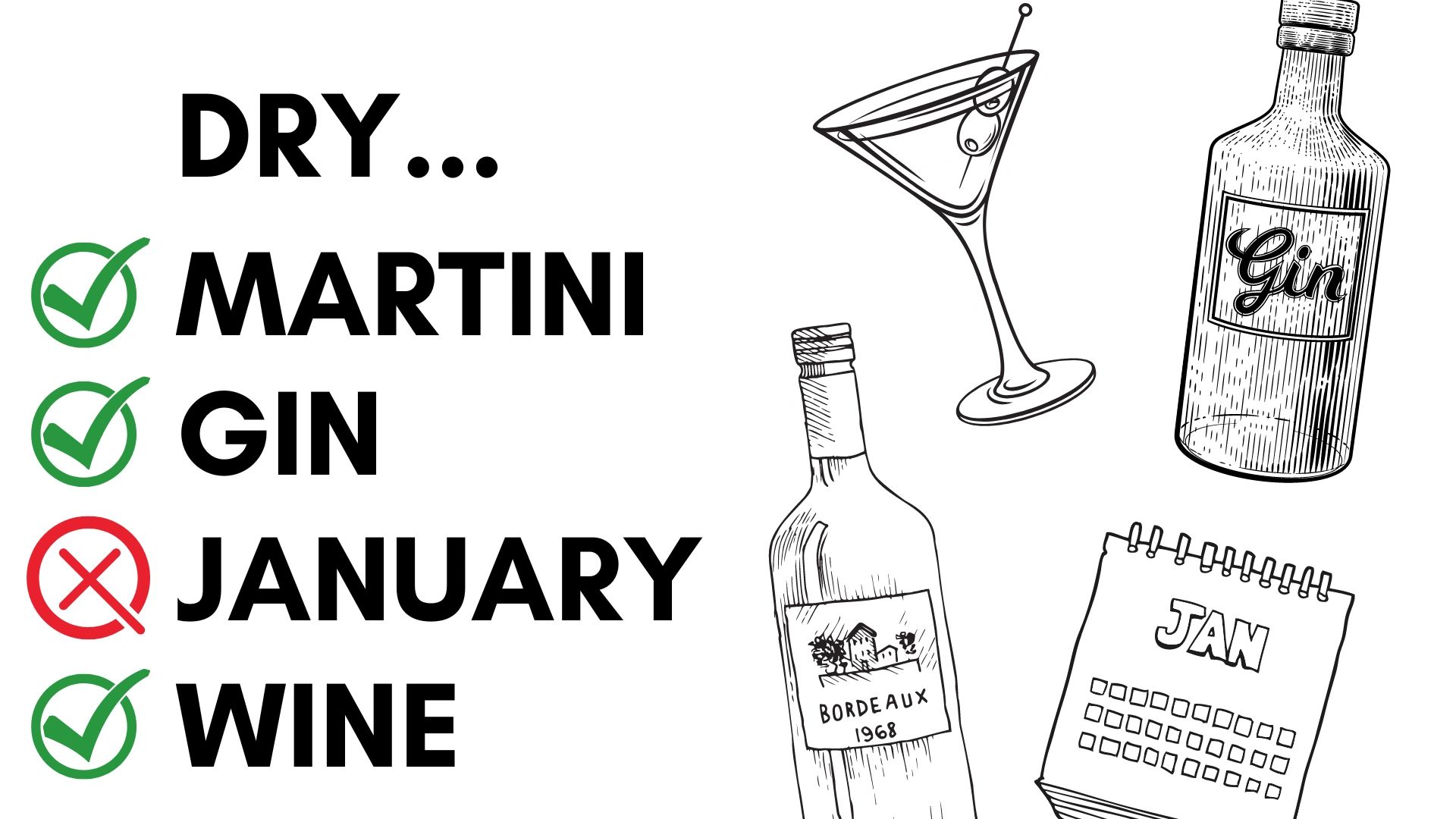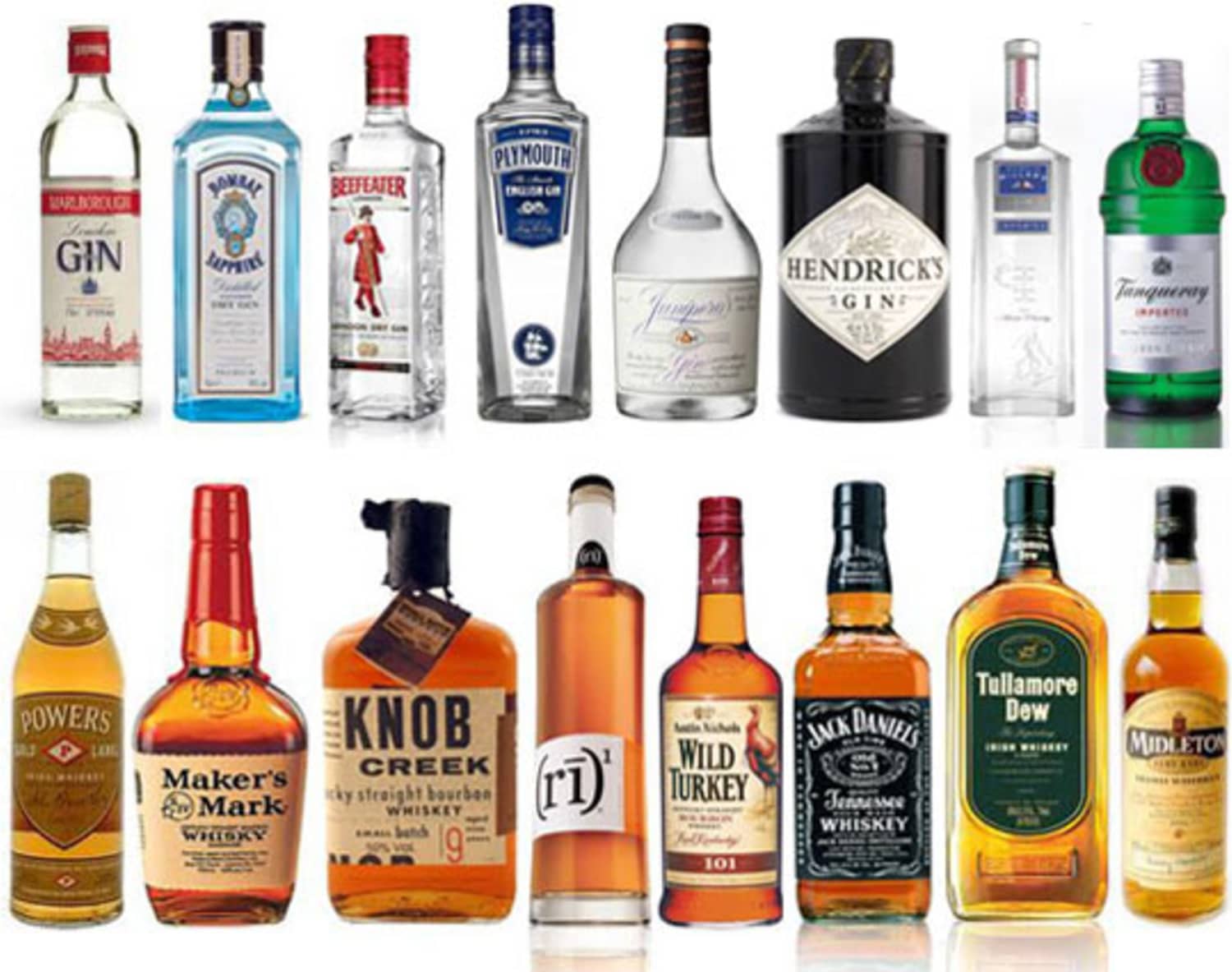Discover The Rich World Of Classic Spirits Liquors: A Timeless Journey
Classic spirits liquors have long been the cornerstone of celebrations, gatherings, and moments of indulgence. From the smoky allure of aged whiskey to the crisp elegance of gin, these timeless beverages have captured the hearts of connoisseurs and casual drinkers alike. Whether sipped neat, mixed into cocktails, or paired with fine cuisine, classic spirits liquors offer a sensory experience that transcends time and trends. Their rich heritage and craftsmanship make them a fascinating subject for exploration.
What sets classic spirits liquors apart is not just their taste but also the stories they carry. Each bottle tells a tale of tradition, innovation, and the pursuit of perfection. Distillers around the world have honed their craft over centuries, blending science and art to create spirits that are as diverse as they are delicious. Whether you're a seasoned enthusiast or a curious beginner, there's always something new to discover about these iconic beverages.
As we delve deeper into the world of classic spirits liquors, we'll uncover their origins, explore their unique characteristics, and learn how to appreciate them fully. This journey will take us through the history of spirits, the techniques behind their production, and the ways they continue to shape modern drinking culture. By the end of this guide, you'll have a newfound appreciation for these timeless libations and the stories they tell.
Read also:Discover The Magic Of Chanel Star The Ultimate Guide To Elegance And Influence
Table of Contents
- What Are Classic Spirits Liquors?
- How Are These Spirits Made?
- The History Behind Classic Spirits
- Classic Spirits Liquors and Their Varieties
- Why Are Classic Spirits Liquors So Popular?
- How to Appreciate Classic Spirits Liquors?
- Classic Spirits Liquors in Modern Culture
- Frequently Asked Questions
What Are Classic Spirits Liquors?
Classic spirits liquors are distilled alcoholic beverages that have stood the test of time, earning their place as staples in bars and homes worldwide. These spirits are typically categorized by their base ingredients, distillation processes, and aging methods. The most well-known classic spirits include whiskey, rum, gin, vodka, tequila, and brandy. Each type offers a unique flavor profile and cultural significance, making them versatile for both sipping and mixing.
The defining characteristic of classic spirits liquors is their high alcohol content, which results from the distillation process. This process concentrates the alcohol and removes impurities, creating a smoother and more refined product. Distillers often use techniques passed down through generations to ensure consistency and quality. Whether it's the peaty notes of Scotch whisky or the botanicals in gin, these spirits are celebrated for their complexity and craftsmanship.
Classic spirits liquors are also deeply intertwined with cultural traditions. For example, whiskey is synonymous with Scottish and Irish heritage, while rum is closely linked to the Caribbean. These spirits are more than just beverages—they are symbols of identity and pride. Understanding what makes each spirit unique allows us to appreciate the artistry behind them and the stories they tell.
How Are These Spirits Made?
The production of classic spirits liquors involves a meticulous process that combines science, tradition, and creativity. It begins with selecting the right raw materials, such as grains, fruits, or sugarcane, depending on the type of spirit being made. These ingredients are fermented to convert sugars into alcohol, a crucial step that lays the foundation for the spirit's flavor.
Once fermentation is complete, the liquid undergoes distillation, a process that separates alcohol from water and other components. Distillation can be performed using pot stills or column stills, each imparting distinct characteristics to the final product. For instance, pot stills are often used for whiskey to retain rich, robust flavors, while column stills are favored for producing lighter spirits like vodka.
After distillation, many classic spirits liquors are aged in wooden barrels to develop their flavor profiles. The type of wood, the climate, and the duration of aging all influence the spirit's taste. For example, bourbon must be aged in new charred oak barrels, while Scotch whisky benefits from aging in used barrels. This aging process adds depth and complexity, making each bottle a testament to time and patience.
Read also:Discovering Adam Ellis The Story Behind The Viral Sensation
The History Behind Classic Spirits
The history of classic spirits liquors is as rich and varied as the spirits themselves. These beverages have been enjoyed for centuries, with their origins often tied to specific regions and cultures. Whiskey, for instance, traces its roots back to medieval monasteries in Scotland and Ireland, where monks distilled spirits for medicinal purposes. Over time, whiskey evolved into a symbol of national pride and craftsmanship.
Rum, on the other hand, has a more tropical history. It emerged in the Caribbean during the 17th century, thanks to the abundance of sugarcane plantations. The byproduct of sugarcane processing, molasses, became the base ingredient for rum, which quickly gained popularity among sailors and traders. Its association with piracy and adventure has made rum a beloved spirit with a rebellious spirit of its own.
Gin and vodka also have fascinating histories. Gin originated in the Netherlands as a medicinal drink before gaining popularity in England during the 18th century. Vodka, meanwhile, has Slavic roots and was initially used as a disinfectant before becoming a staple in Russian and Polish culture. These histories highlight how classic spirits liquors have evolved from practical uses to becoming symbols of celebration and sophistication.
Classic Spirits Liquors and Their Varieties
Classic spirits liquors come in a wide array of varieties, each with its own distinct characteristics and appeal. Understanding these differences allows enthusiasts to explore the full spectrum of flavors and find their personal favorites. Let's take a closer look at two iconic spirits: whiskey and rum.
Whiskey: The Soul of Classic Spirits
Whiskey is often regarded as the soul of classic spirits liquors, with its rich history and complex flavors. It is made from fermented grains, such as barley, corn, rye, or wheat, and aged in wooden barrels. The aging process gives whiskey its signature amber color and depth of flavor. There are several types of whiskey, including:
- Scotch Whisky: Known for its smoky, peaty notes, Scotch is distilled in Scotland and aged for at least three years.
- Bourbon: A distinctly American spirit, bourbon must be made from at least 51% corn and aged in new charred oak barrels.
- Rye Whiskey: Made with a higher proportion of rye, this whiskey has a spicier and more robust flavor.
Rum: The Tropical Delight
Rum is the quintessential tropical spirit, celebrated for its versatility and sweetness. It is made from sugarcane byproducts like molasses or sugarcane juice and can be aged or unaged. The aging process and production methods vary widely, resulting in a diverse range of styles:
- White Rum: Light and crisp, white rum is often used in cocktails like mojitos and daiquiris.
- Dark Rum: Aged longer and richer in flavor, dark rum is perfect for sipping or adding depth to cocktails.
- Spiced Rum: Infused with spices and flavorings, spiced rum adds a unique twist to classic drinks.
Why Are Classic Spirits Liquors So Popular?
Classic spirits liquors have maintained their popularity for centuries, thanks to their versatility, craftsmanship, and cultural significance. These spirits can be enjoyed in countless ways, from sipping neat to mixing into creative cocktails. Their ability to adapt to different tastes and trends ensures their enduring appeal.
Another reason for their popularity is the sense of tradition and heritage they embody. Many classic spirits liquors are deeply rooted in the regions where they are produced, making them symbols of national identity. For example, tequila is synonymous with Mexico, while cognac is a hallmark of French elegance. This connection to culture adds an extra layer of meaning to every sip.
Finally, the rise of craft distilleries and the growing interest in mixology have contributed to the resurgence of classic spirits liquors. Consumers are increasingly seeking unique, high-quality products that tell a story. This trend has led to a renewed appreciation for the artistry and innovation behind these timeless beverages.
How to Appreciate Classic Spirits Liquors?
Appreciating classic spirits liquors is an art that involves engaging all your senses. To truly savor these beverages, it's important to understand their nuances and how to enjoy them properly. Here are some tips for getting the most out of your experience:
- Choose the Right Glassware: The shape of the glass can enhance the aroma and flavor of the spirit. For example, a tulip-shaped glass is ideal for whiskey, while a highball glass works well for cocktails.
- Observe the Color: The color of the spirit can provide clues about its aging process and flavor profile. Hold it up to the light and take note of its hue and clarity.
- Smell the Aroma: Swirl the glass gently and take a moment to inhale the aromas. This step helps you identify the spirit's key notes, such as vanilla, oak, or citrus.
- Taste Slowly: Take a small sip and let it linger on your palate. Pay attention to the balance of flavors and how they evolve over time.
Classic Spirits Liquors in Modern Culture
Classic spirits liquors continue to play a significant role in modern culture, influencing everything from fashion to entertainment. Their timeless appeal has made them a staple in movies, music, and social gatherings, where they are often associated with sophistication and celebration.
The Rise of Craft Distilleries
One of the most exciting developments in the world of classic spirits liquors is the rise of craft distilleries. These small-scale producers are redefining the industry by focusing on quality, innovation, and sustainability. They often experiment with unique ingredients and techniques, creating spirits that stand out in a crowded market.
Spirits and the Art of Mixology
Mixology has also played a key role in keeping classic spirits liquors relevant in modern culture. Bartenders and mixologists are constantly pushing the boundaries of what's possible, creating innovative cocktails that highlight the versatility of these spirits. From classic old-fashioneds to modern twists, the possibilities are endless.
Frequently Asked Questions
What Are the Best Classic Spirits Liquors for Beginners?
For beginners, it's best to start with approachable spirits like vodka or white rum. These spirits have a lighter flavor profile and are versatile for mixing into cocktails. As your palate develops, you can explore more complex options like whiskey or gin.
How Should I Store Classic Spirits Liquors?
Classic spirits liquors should be stored in a cool, dark place to preserve their flavor and quality. Once opened, they should be sealed tightly to prevent oxidation. Most spirits have a long shelf life, but aged spirits like whiskey may lose some complexity over time.
Are Classic Spirits Liquors Gluten-Free?
Most classic
Alex Zedra Cosplay: A Deep Dive Into The World Of Creativity And Transformation
Nick Bosa Crying: The Story Behind The Emotions And His Journey
Callum Hudson-Odoi Epstein: The Rising Star Of English Football

RUM

New Liquors 2025 Kerri Melodie